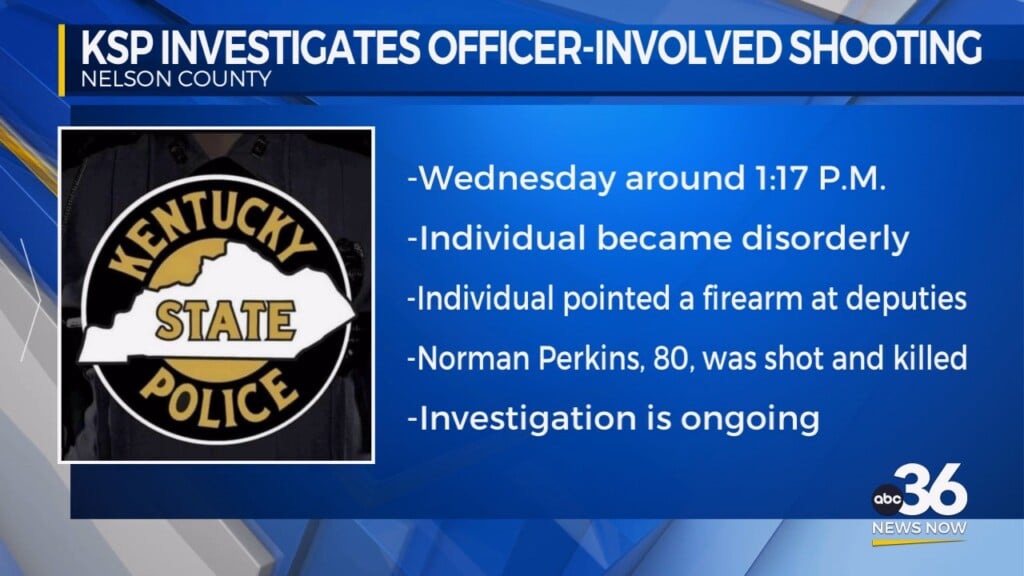Local cardiologist, MCORE Foundation speak on cardiac arrest in young people
LEXINGTON, Ky. (WTVQ) – Cardiac arrest, in simpler terms, is when your heart’s electrical system isn’t working correctly, and your heart suddenly stops beating.
It’s a health issue that can happen randomly and oftentimes, without warning, according to University of Kentucky Healthcare’s Assistant Chief of Cardiology, Dr. Vincent Sorrell.
“About 1,000 times a day, 350,000+ times a year, somebody suffers cardiac arrest. And it usually happens in those we didn’t anticipate, we didn’t predict it, and so it may be younger people for their very first event is a cardiac arrest” said Dr. Sorrell.
But, that number is different for athletes.
“It’s about 1 in 200,000 of all our athletes so it’s not very common and when you get to the really competitive ones, the division 1 athlete, the pro football players, it’s probably more common 1 in 40, 50,000 times,” said Dr. Sorrell.
He says a common misconception is that cardiac arrests are linked to the COVID-19 vaccine, but he says there are multiple factors to look at.
Dr. Sorrell says any virus a person gets could cause inflammation of the heart, which could lead to a cardiac arrest, though not likely.
And, any vaccine or drug can also cause that same inflammation.
“It’s a risk that all of us take just living on this planet from having a cold and it’s also something you can see from most medications they all have a side effect that could affect the heart” he added.
The MCORE Foundation based in Ohio helps to educate others on the health issue, working with hundreds of schools, including some in Kentucky.
It also provides a preventative cardiac screening program for those ages 12 to 22.
“The goal here is to educate the population right educate the parents and then get very high-level baseline information that parents can use with their medical provider so that is our goal,” said Executive Director and CEO, Lisa Tennenbaum.
The foundation says these screenings save lives every year.
“On an average year between 4 and 5,000 kids a year we see an average of about 5% of those kids with an unknown abnormality, 5% that’s a big number” said Tennenbaum.
Dr. Sorrell says aside from getting screened, there are other ways to prevent cardiac arrest or other heart-related issues.
He says you should avoid infection which will reduce your chance of inflammation, you can do that simply by washing your hands, wearing a mask, and getting enough exercise.
He also stresses the importance of learning how to administer CPR, which could help save the life of anyone experiencing cardiac arrest.



